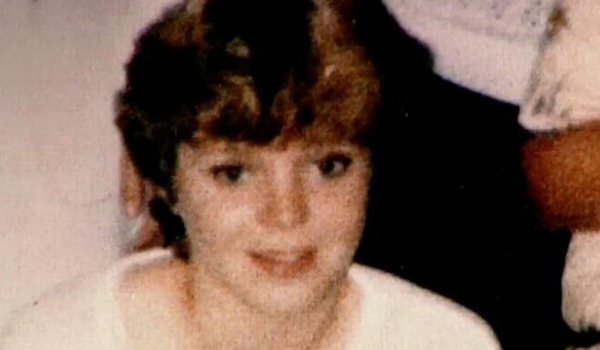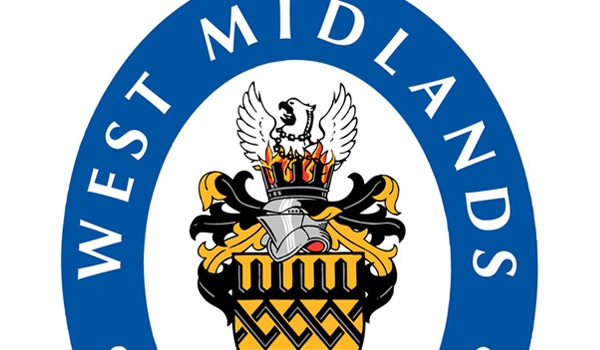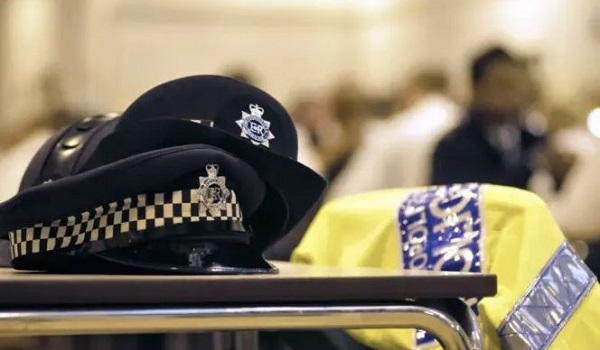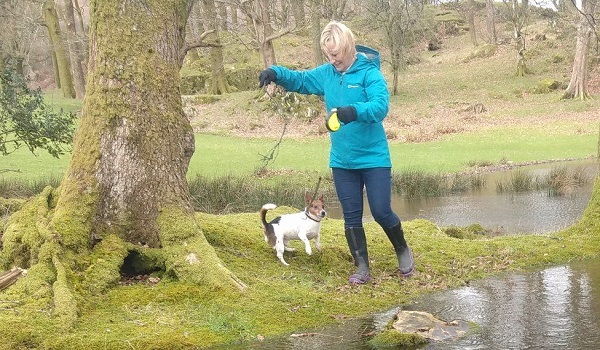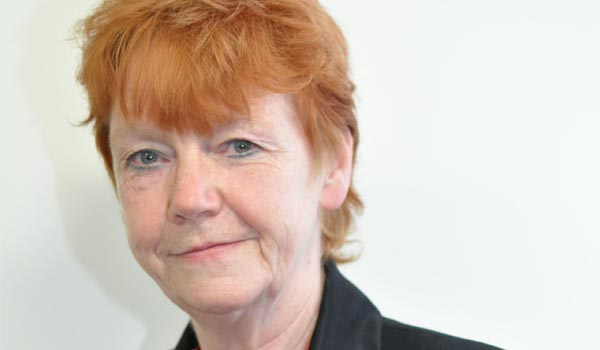Lynette White corruption trial report: Bill ‘reflects complexity, scale and duration’
An independent review into the collapse of a case against eight former South Wales Police officers cost almost £1 million, it has been revealed.
The officers were part of the original investigation into the 1988 Valentine’s Day killing of Cardiff prostitute Lynette White.
The final bill of £906,098 is on top of more than £30 million spent on an investigation into whether the SWP officers perverted the course of justice over Ms White’s murder.
On Friday (May 11), the Home Office defended the financial outlay on its QC-led review, saying the payments made – with nearly half of the sum going to its head Richard Horwell – reflected its “complexity, scale and duration”.
The most expensive corruption case in UK history was aborted in 2011 when files of evidence could not be found and it was deemed the officers would not be able to receive a fair trial.
On the 30th anniversary of the murder earlier this year, current SWP Chief Constable Matt Jukes said the fallout from the case would haunt his force “for a generation”, leaving a DNA footprint and a “determination not to fail in this way again”.
Mr Horwell’s review found that the prosecution of the officers – Graham Mouncher, Thomas Page, Richard Powell, John Seaford, Michael Daniels, Peter Greenwood, Paul Jennings and Paul Stephen – fell apart because of “human errors by the force and Crown Prosecution Service (CPS) rather than a “deliberate attempt to cover up any crime”.
However, it said the events that followed the murder of Ms White “represent one of the worst miscarriages of justice in the history of our criminal justice system”.
The review made 17 recommendations for the police and the CPS to “improve the disclosure process” with a national ‘minimum standards’ training programme demanded for disclosure of evidence, accompanied by an accreditation process for officers.
Following publication of the report, a comprehensive joint inspection of disclosure by the CPS and police inspectorates made similar recommendations.
In December 2017, former Home Secretary Amber Rudd commissioned the Attorney General to conduct a wide review of disclosure procedures in the criminal justice system.
It is considering how processes and policies are implemented by prosecution and defence practitioners, police and investigators.
In January, the CPS and National Police Chiefs’ Council announced a joint National Disclosure Improvement Plan setting out what they have achieved since the inspection and the further urgent action they will now undertake to address the collective recommendations made.
The 1988 murder resulted in three men – Tony Paris, Yusef Abdullahi and Stephen Miller – being jailed for life in November 1990 before their convictions were quashed two years later.
In 2003, new DNA technology led SWP to Ms White’s real killer, Jeffrey Gafoor. He confessed to stabbing her more than 50 times over £30 and, after serving 13 years of a life sentence, is now eligible for parole.
After Gafoor was jailed, the former Independent Police Complaints Commission began a review of the conduct of the force during the original inquiry. Over the next 12 months some 30 people were arrested – 19 of whom were either serving or retired police officers.
Three of the main witnesses to the 1990 convictions – Mark Grommek, Leanne Vilday, Angela Psaila – later admitted that they had fabricated their accounts of the murder under intense pressure by police.
Jailing the three to 18 months for perjury, the judge told them: “You were seriously hounded, bullied, threatened, abused and manipulated by the police during a period of several months leading up to late 1988, as a result of which you felt compelled to agree to false accounts they suggested to you.”
The eight ex-police officers were charged with perverting the course of justice for their role in the arrest and prosecution of five men for the Cardiff murder in 1988. But the officers’ trial was halted in November 2011 when SWP could not find a box of evidence sent to it by the Independent Police Complaints Commission (IPCC). The files were found in 2012, still in the original box sent by the IPCC.
In 2015, the eight ex-officers cleared of perverting the course of justice launched a High Court civil action against the force, suing for malicious prosecution, false imprisonment and misfeasance.
But the judge in the civil action dismissed their case at the end of 2015.
Following the publication of the review’s findings last July, South Wales police and crime commissioner Alun Michael praised the then retiring Chief Constable Peter Vaughan for leaving “no stone unturned in efforts to get to the bottom of the whole affair”, adding: “I hope the thoroughness of this report will now have addressed all the concerns that have been raised over recent years and provide reassurance to all those affected by Lynette’s murder and subsequent events.”
The Richard Horwell review bill (obtained by FoI request):
• Richard Horwell QC was paid £415,984 for leading the review;
• Junior barrister Patrick Hill £380,761;
• Claimants’ legal costs £86,370;
• Transcription costs of 2015 civil proceedings brought against South Wales Police by former officers £14,470;
• Government Legal Department costs £4,916; and
• Report formatting, printing and publishing £4,315.


